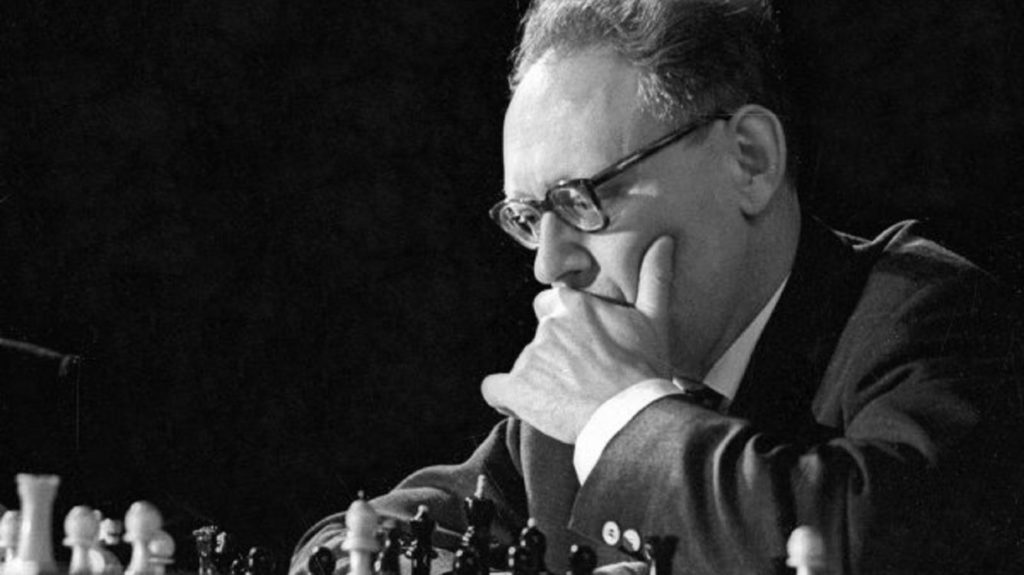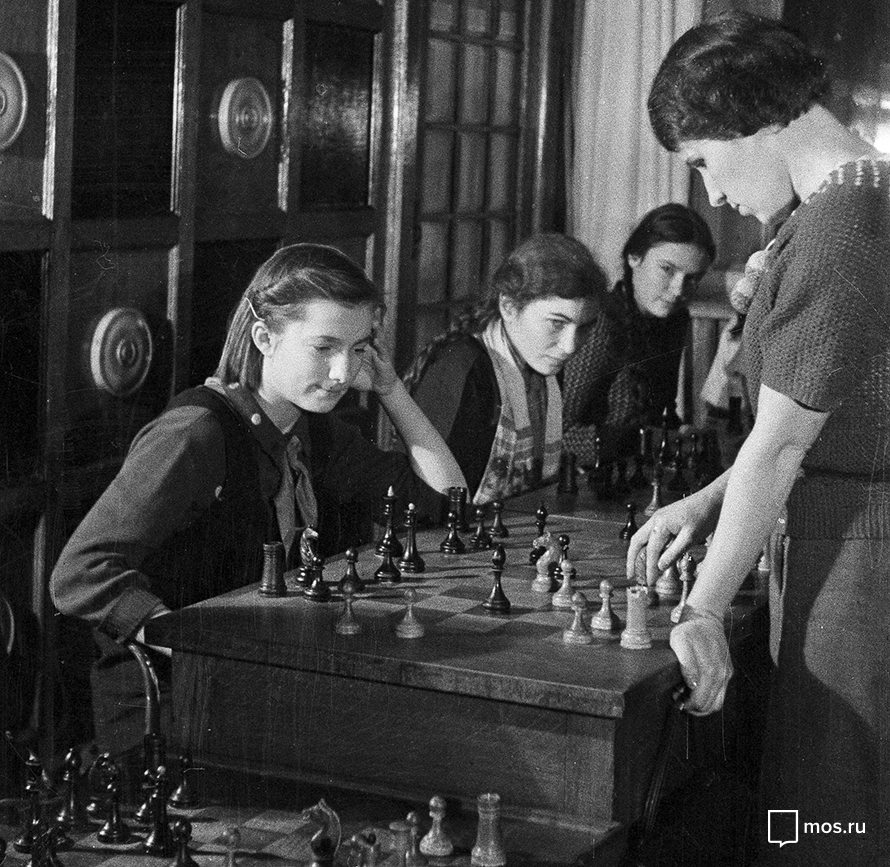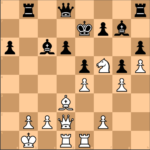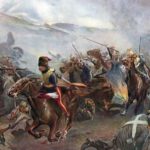When I was young it was always something of a mystery why the then Soviet Union dominated chess. It was like the sun and rain, just a fact of life. Later, a young British grandmaster told me ruefully that a visit to Russia he had made was the worst experience of his life.
In Britain he was a top dog in the chess world but in the Soviet Union every opponent had been so good he’d had the fight of his life in every game, and he still bore the mental scars.
Then I read a short column by the Guardian newspaper chess columnist Leonard Barden and it all became crystal clear.
The pool of chess players in the Soviet Union was much bigger than in any other country, therefore there were more expert players at every level.
And the reason there were so many more players, because after 1917 the Soviet government had invested in developing the game as a popular past-time as part of a multi-pronged drive to raise the cultural level of the people.
Their thinking was that it was no good using precious foreign currency to buy sophisticated equipment if the workers could not understand and operate the machines. Hence the creation of the Young Pioneer Palaces, a fancy title for youth clubs offering every sport and recreation.
Importantly, among the activities on offer was free chess education provided by state-subsidised chess stars who did not have to watch the pennies and duck and dive to make a living as so many professionals still do today.

Mikhail Botvinnik, world champion in 1948, was the embodiment of that culture. An engineer by profession he was single-minded, disciplined and assured of his place in society. The title of his autobiography says it all: Achieving the Aim.
Today, the Soviet Union no longer exists and the old Eastern bloc is no more, but the legacy of those decades lives on in Russia, Ukraine, Armenia, Azerbaijan and paradoxically in the US and Israel, where many of their top players are Russian emigrants.
There is also a new white knight on the horizon – the internet. It has spawned top class chess sites that cater for all levels of player. Some sites are free while some charge for selected services.
“As every Russian schoolboy knows, they cannot replace the Young Pioneer Palaces Palaces but they are all providing a valuable service in the nick of time.”
By Harold Biffen
Subscribe
Click here for a secure way to sign up, you will be supporting independent news. Click the button below.
Your Opinions
Disagree with this article? why not write in and you can have your say? email us




